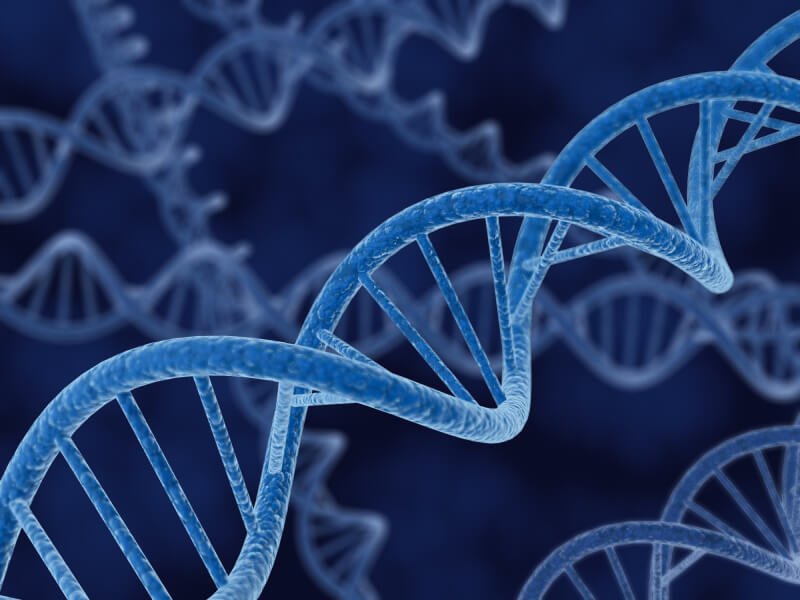In a controversial claim challenged by many scientists, a team of researchers led by Dr. John Stamatoyannopoulos, University of Washington associate professor of genome sciences and of medicine, says it has discovered a second code hiding within DNA, which they say contains information that changes how scientists read the instructions contained in DNA and interpret mutations to make sense of health and disease. The team reported its findings in the December 13 issue of Science.
Since the genetic code was deciphered in the 1960s, scientists have assumed that it was used exclusively to write information about proteins. The University of Washington news release says the scientists have “discovered” that genomes use the genetic code to write two separate languages, which together they call “duons”. One describes how proteins are made, and the other instructs the cell on how genes are controlled. One language is written on top of the other, which is why the second language remained hidden for so long. The work is part of the Encyclopedia of DNA Elements Project, also known as ENCODE.
“For over 40 years we have assumed that DNA changes affecting the genetic code solely impact how proteins are made,” said Stamatoyannopoulos. “Now we know that this basic assumption about reading the human genome missed half of the picture. These new findings highlight that DNA is an incredibly powerful information storage device, which nature has fully exploited in unexpected ways.”
According to an article on i09, “This literally opens up the entire world of genomic information and the study of genetics for everything – cancer research, genetic protection processes, etc.”
However some scientists believe the claims are misleading. In a scathing rebuke in Forbes titled “Don’t Be Duped by ‘Duon’ DNA hype, scientist and journalist Emily Willingham outlines the case of against what she contends is an overhyped news release:
With today’s headlines hyping “Second Code Uncovered Inside the DNA,” you might think that scientists are running around in circles in their labs, tearing out their hair, and screaming, “Crick, you loser!” But the real reaction of scientists to these headlines is more along the lines of this Twitter conversation among several scientific experts and science writers. They have good reason to be snarky.
The authors report that changes in a single DNA sequence can influence both the protein it encodes and the place where other proteins bind to initiate copying. So evolutionarily, a single change could influence two endpoints–copying the sequence and what gets made using the same sequence. That’s cool, but not actually new.
So what was the real import of the study that warranted its publication in Science, a “glamor” science publication? The authors (whose paper I enjoyed) seem to have found that the genome contains more of these dual-use triplet DNA sequences than previously thought, which might make them more relevant when examining some aspects of evolution (see “Single change could influence two endpoints”). And, it seems, the authors wanted the opportunity to, um, codify their own term for these dual-use sequences: duons. I wonder if they realized that the name had already been taken?
Read the full, original news release: Scientists Discover Double Meaning in Genetic Code
Additional Resources:
- “Splicing and the Evolution of Proteins in Mammals,” PLOS Biology
- “Project ENCODE decoded,” Science 2.0
- “400,000 year-old human DNA revolutionizing view of evolution,” New Scientist
- “DNA Ahead: tour the science of genetics by playing a board game,” DNA Ahead































